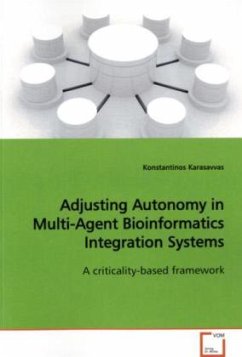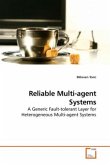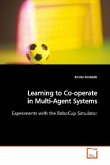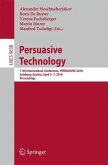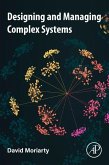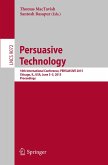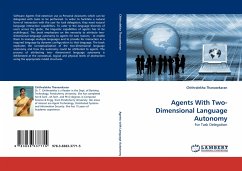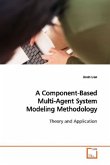During task composition, such as can be found in
distributed query processing, workflow systems and AI
planning, decisions have to be made by the system and
possibly by users with respect to how a given problem
should be solved. Although there is often more than
one correct way of solving a given problem, these
multiple solutions do not necessarily lead to the
same result. Some researchers are addressing this
problem by providing data provenance information.
Others use expert advice encoded in a supporting
knowledge-base. However, users do not usually trust
complete automation during decision-making for
certain domains with natural variation, like biology;
they need a way to be able to control and/or
intervene with the system's reasoning to verify parts
of the process. This book provides a thorough
analysis of the problem and presents a data-centric
methodology of measuring decision criticality and
describe its potential use. We argue that agent
technology is a natural fit for the design of
distributed heterogeneous integration systems,
particularly in bioinformatics, and we propose a
multi-agent system design and architecture as the
basis of our framework.
distributed query processing, workflow systems and AI
planning, decisions have to be made by the system and
possibly by users with respect to how a given problem
should be solved. Although there is often more than
one correct way of solving a given problem, these
multiple solutions do not necessarily lead to the
same result. Some researchers are addressing this
problem by providing data provenance information.
Others use expert advice encoded in a supporting
knowledge-base. However, users do not usually trust
complete automation during decision-making for
certain domains with natural variation, like biology;
they need a way to be able to control and/or
intervene with the system's reasoning to verify parts
of the process. This book provides a thorough
analysis of the problem and presents a data-centric
methodology of measuring decision criticality and
describe its potential use. We argue that agent
technology is a natural fit for the design of
distributed heterogeneous integration systems,
particularly in bioinformatics, and we propose a
multi-agent system design and architecture as the
basis of our framework.

